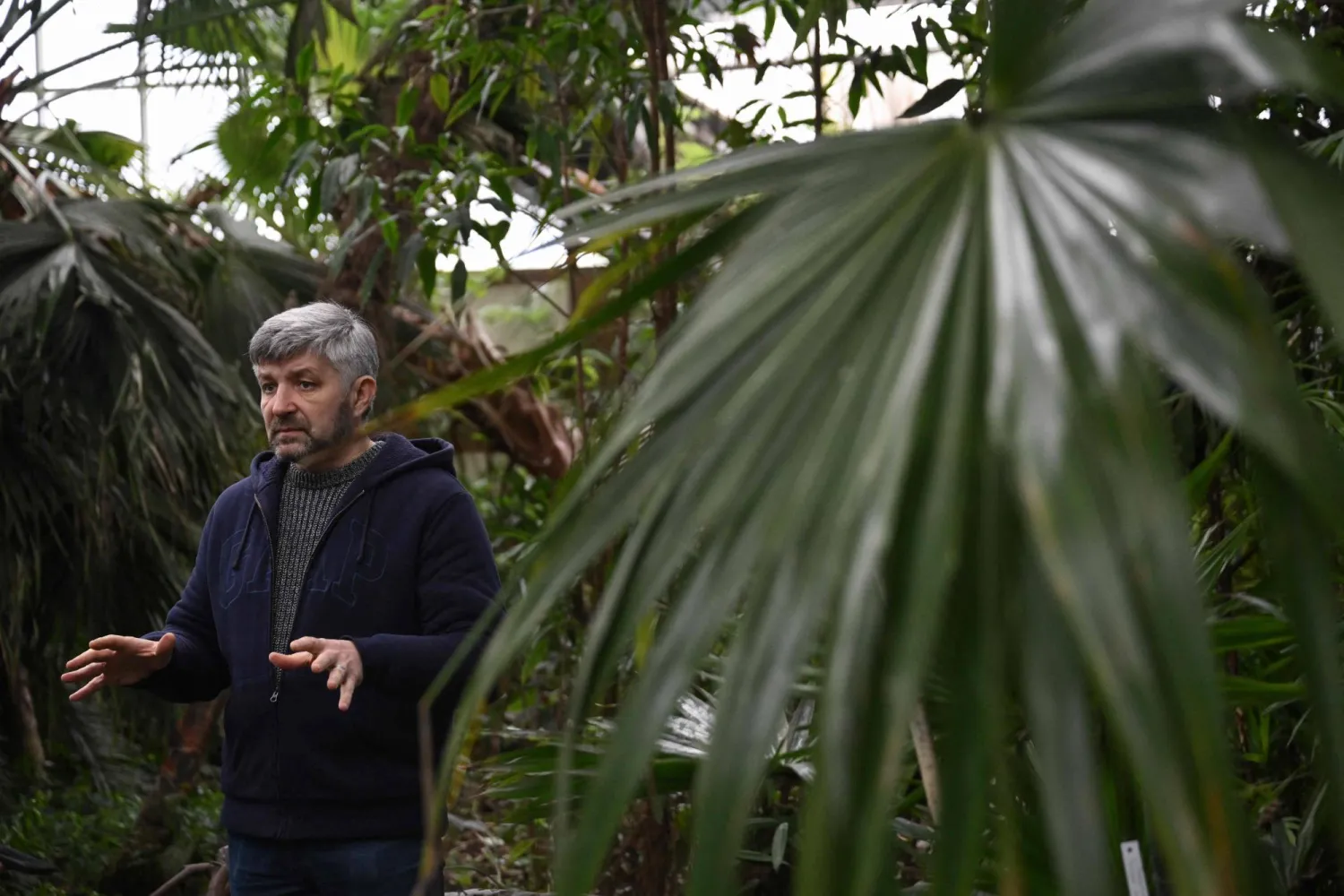The Board of Directors of NEOM has announced Aquellum, a luxury and experiential space embedded within the mountains, and the latest striking addition to the ongoing regional development in northwest Saudi Arabia.
With its foundations steeped in cutting-edge technology, avant-garde architecture and forward-thinking concepts, Aquellum will offer guests a taste of futuristic living through its array of pioneering experiences.
According to a statement issued by NEOM, concealed from the outside along the Gulf of Aqaba coastline, Aquellum is hidden within a breathtaking 450-meter-high mountain range and represents a futuristic ecosystem harmoniously integrated into the natural surroundings. Crafted to inspire originality and imagination, Aquellum will push the boundaries of conventional design and construction possibilities.
To access Aquellum, visitors will embark on an extraordinary journey, beginning at the world's first floating marina. Here, guests will board a specially designed vessel to enter Aquellum through a concealed underground canal, unveiling a hidden community that offers an incredible sensory journey.
Once inside, visitors will be treated to an exhilarating, 100-meter-high vertical experience with an impressive courtyard space stretching from the water to the sky. This subterranean digitalized community creates vibrancy and interconnectivity through seamlessly blending hotel accommodations, apartments, retail spaces, leisure and entertainment zones and innovative hubs.
A dynamic boulevard winds through the courtyard, connecting diverse social spaces, world-class hospitality, immersive arts, events, shopping and dining. A signature space, dubbed 'The Generator', houses unique research labs for disruptors, innovators, and creative thinkers, offering a platform where the future is reimagined.
An omnidirectional internal transit system facilitates easy access to upper floors, transporting residents and visitors to their homes and hotels, ascending to rooftop gardens with breathtaking coastal views.
Guided by its unwavering commitment to crafting spaces in nature that epitomize the future of luxury, innovation and lifestyle, Aquellum stands as a testament to the fusion of cutting-edge design and construction techniques.
Aligned with NEOM's commitment to conservation and innovation, Aquellum complements its coastal location. This new development follows recent announcements of Leyja, Epicon, Siranna, Utamo, and Norlana, which are also sustainable tourism destinations located in the Gulf of Aqaba.









